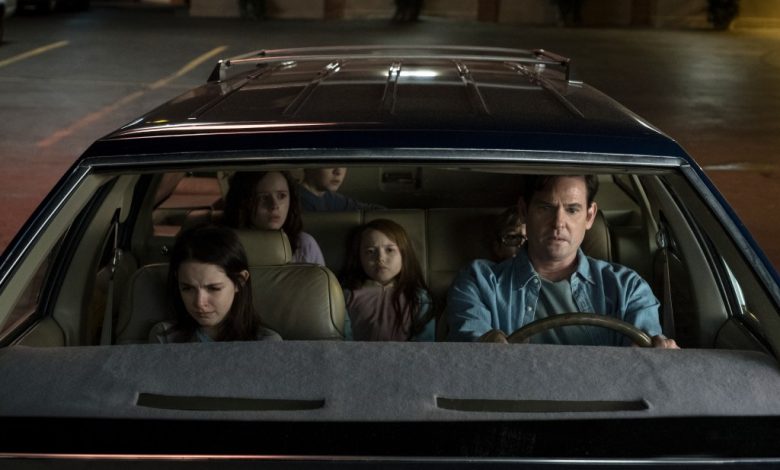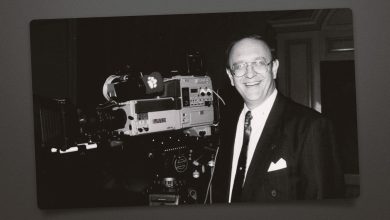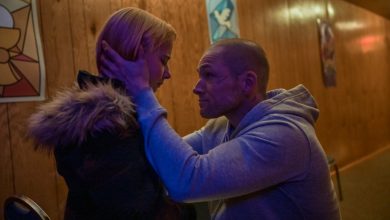Mike Flanagan on Grief, Horror, and Storytelling: “It’s Been Incredibly Therapeutic”

Horror auteur Mike Flanagan has revealed how his deeply personal experiences with grief, addiction, and recovery have profoundly shaped his storytelling. Speaking at the closing night of the inaugural SXSW London, just ahead of the premiere of his new film The Life of Chuck, Flanagan offered a rare emotional insight into the origins of his acclaimed horror projects.
Flanagan shared that his groundbreaking Netflix series The Haunting of Hill House emerged as a coping mechanism following a tragic suicide in his family—an event partially mirrored in the show through the death of character Nell Crain. “There are images in that that are dreams and nightmares I had during that time,” he explained. “That show is me trying to deal with grief and loss. I’m going to be dealing with it forever, but having a creative outlet to pour that into has been incredibly therapeutic.”
The director, known for Doctor Sleep, Oculus, and Gerald’s Game, also opened up about his past struggles with alcoholism, noting that both Doctor Sleep and Midnight Mass played major roles in his journey to sobriety.
While Hill House fans have long speculated about the deeper themes of grief and suicide, Flanagan’s comments confirm that the series is much more than just a ghost story—it’s a layered narrative about emotional trauma. His works consistently demonstrate that horror can serve as a powerful lens for exploring human vulnerability.
“Bias Against Horror” in Hollywood
Flanagan didn’t shy away from critiquing the industry’s long-standing bias against horror. “There has always been a misperception of what horror can be,” he said, highlighting how exceptional horror films are often recognized only briefly—like Jordan Peele’s Oscar-winning Get Out—before the genre is once again dismissed.
“People are surprised every time that there’s a really good story in horror,” Flanagan continued. “But horror has always been dramatically viable, complex, and beautifully artistic.”
A Humanist at Heart
Though much of his work involves adapting Stephen King’s novels—including the upcoming Carrie TV series for Amazon and the long-anticipated The Dark Tower—Flanagan insists King is “not a horror writer.” Rather, he calls him a “gooey-hearted, lovely humanist” whose stories are “emotional and empathetic,” with horror emerging organically from character development.
See More ...
“It took me until my twenties to realize that It is not about a shapeshifting clown,” he added, “It’s about kids and friendship.”
A Plea for Monologues
To thunderous applause, Flanagan made an impassioned argument for preserving the monologue in film. He criticized studios and streamers for pressuring creators to cut down emotional scenes in favor of quick, attention-grabbing content. “Monologue is a dying art,” he warned. “There is nothing more impressive than watching an actor completely change reality with just words.”
He added, “I argue every time with the studio. They say they love it but ask if it could be half as long. But I love to watch it and want to push back against this cultural shift.”
A New Chapter: The Life of Chuck
Flanagan’s newest film, The Life of Chuck, marks a stylistic departure. Starring Tom Hiddleston, the film unfolds in reverse chronological order, chronicling the life of a man whose existence may be influencing the very structure of the universe. Based on a King novella, the film leans more toward drama than traditional horror, yet retains the emotional depth that defines Flanagan’s work.
With The Life of Chuck, Flanagan continues to expand what horror—and storytelling—can be. As he bridges personal trauma with supernatural narrative, his voice in genre cinema remains both chilling and deeply human.




